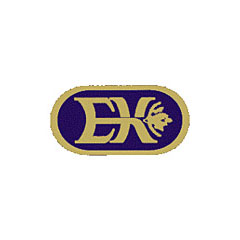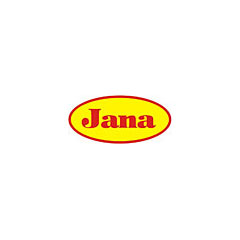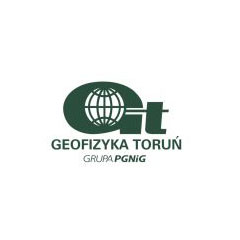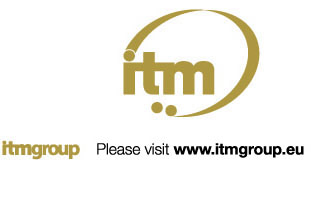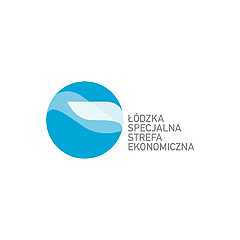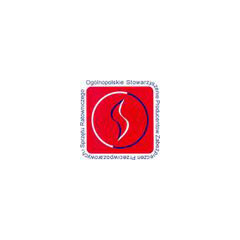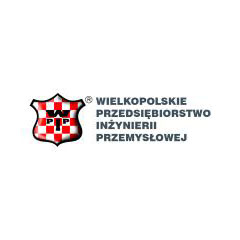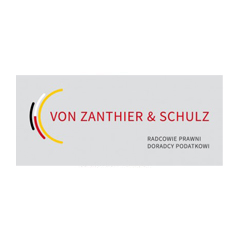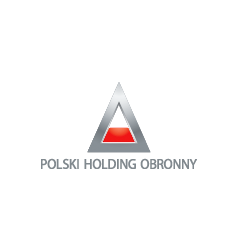Market and money
In this section you can find overall info about Polish economy and by choosing one of the links listed below you can read more about specific sectors and regulations.
 |
 |
 |
 |
 |
 |
 |
 |
 |
 |
 |
 |
 |
 |
 |
 |
 |
 |
 |
 |
 |
Why Poland – Polish economy
Poland is a perfect place for investment and business expansion. The 2008 Ernst & Young European Attractiveness Survey shows that Poland is very popular among foreign investors who consider the country as one of the most attractive investment destinations in Europe. Tourists, in turn, are enchanted by Polish hospitality and friendliness, Poland’s cultural heritage and the country’s natural wealth.
Poland’s 38-million strong consumer market is one of the biggest in Europe. The country’s favourable localisation, in the centre of Europe, where the main communication routs intersect make it possible to export goods to all European countries and thus reach over 500 million consumers. Poland’s major trade partners are, among others, Germany, Russia, France, Hungary, Ukraine, Spain and China.
Well-educated Polish economists, engineers, IT specialists and scientists are highly sought-after and appreciated employees who find employment in IT companies, R&D centres and scientific institutes. Every year sees a greater number of graduates leave Polish universities, among them graduates from faculties which are most popular among companies investing in advanced technologies. In the academic year 2006/2007 Polish higher education institutions generated 410,000 graduates and in 2007/2008 there were 1 937,400 new students. The number of people who start doctoral studies also is on the rise.
The country’s sustainable development has much to do with the its solid economic foundations. Data published by the global rating agency Fitch Ratings in June 2008 indicates that for the last five years Poland has been experiencing an unflagging 5% annual economic growth and maintaining its 30% export level. Moreover, considerable potential of numerous private companies active in the Polish agriculture sector stand a very good chance of making Poland one of the major food producers in the European Union. The Polish economy undergoes a significant growth which has solid institutional foundations and draws heavily on the country’s democratic mechanisms thanks to which the country’s economic system is considered to be the best and most transparent economies among all the post-Soviet states. All the factors together with the country’s international safety guaranteed by Poland’s membership in NATO and the EU make Poland a credible and important business partner for foreign investors. Among the most important challenges to be faced by the country in the foreseeable future there are issues connected with the adoption of the single European currency and all criteria which the country has to meet in order to enter the euro zone. According to Poland’s finance minister Jacek Rostowski, the country should meet the requirements by 2009 and will be able to adopt the euro in 2012 or 2013.
World class concerns often choose Poland as an investment destination in Europe. The number of new investment projects is constantly growing, especially in the automotive, R&D, electronic and chemical sectors. The FDI value which Poland attracted in 2006 accounted for EUR 15 billion and preliminary data for the year 2007 shows the value reached EUR 16.6 billion, without the capital in transit which is estimated at EUR 3 billion.
The 2008 Ernst & Young European Attractiveness Survey shows that Poland is very popular among foreign investors who consider the country as one of the most attractive investment destinations in Europe. The report places Poland on the 2nd position, after the UK, in terms of job creation and 7th among European countries which are most active in attracting FDI projects. Authors of the report emphasise that against the backdrop of other West European countries, Poland has been developing rapidly both in terms of job creation and foreign investment. In 2007 new FDI projects generated 18,399 workplaces.
The country offers a vide range of investment incentives. Investors are invited to locate their projects in 14 Special Economic Zones (SEZ). i.e. special zones where economic activity may be run in favourable conditions. Polish SEZs offer attractive tax exemptions, employment incentives and well-prepared investment lots.
Poland is a country with a number of tourist and sport opportunities. The diversity of landscape and natural wealth together with the wide range of recreation forms ranging from sea sports through lake yachting, skiing and mountain climbing attract tourists from all over the world. Recreational tourist opportunities may effectively be completed with elements of Poland’s rich cultural heritage and history.
source: PAIiIZ











